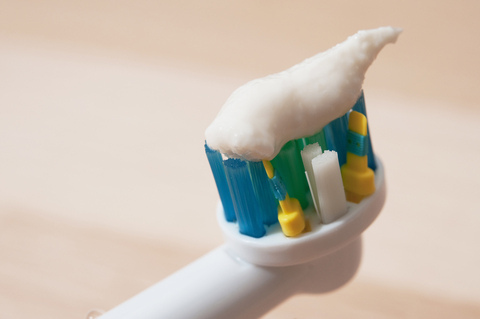Top Things to do BEFORE You Get Braces
November 17th, 2021

So you’re about to get braces. Congratulations! You are taking a very smart step to improve the health of your teeth as well as get that killer smile in shape. But, as with anything that is good for you, there are a few things you will have to avoid while you “do your time.”
Some foods don’t do so great with braces. The foods listed below should be avoided while you are wearing your braces because they can pop the brackets and bend the wires. In other words, these foods can really ruin your day, and send you back to our office to get your braces repaired.
So before you hit the chair, hit the grocery and candy store – one last time – for:
- Beef jerky
- Raw carrots
- Taffy
- Pizza crust
- Bagels and other crusty bread
- Popcorn
- Hard candy
- Nuts and seeds
Dr. Daniel Ma and our staff will give you more information about eating with braces. Some foods, such as apples, are okay as long as you cut them in pieces first. Others, like pudding and pasta, are fine just as they are. But then there is “the list”: the foods that are a big no-no and should be avoided. It won’t be forever, so hang in there.
Your braces time will pass before you know it and you can resume more normal eating. But before the braces go on, enjoy these tasty treats. Go ahead and indulge!




 Website Powered by Sesame 24-7™
Website Powered by Sesame 24-7™